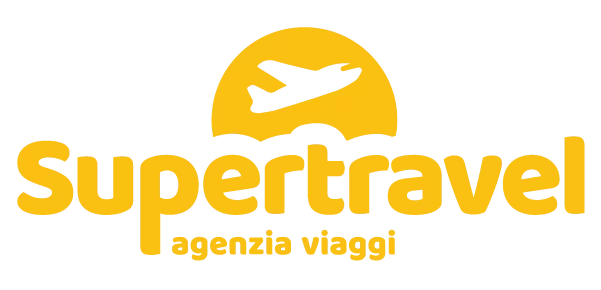800 945464
[email protected]
Arrival in Fiumicino, meeting with our tour leader and departure by bus for Castiglione della Pescaia.
First stop for the wine tasting at ‘Fattoria le Mortelle’.
Hotel accommodation and overnight.
After breakfast, Departure by bus and visit of the Siloe Monastery, where a community of monks who do organic farming lives: this cultivation method only allows the use of natural substances, excluding the use of chemical synthesis ones (fertilizers, herbicides, insecticides) and protecting biodiversity. Biological diversity is synonymous with richness, variety, the coexistence of various forms of both animal and plant life. The globalization and intensive cultivation techniques have brought irreparable damage to the animal and plant biodiversity of our lands.
We will proceed to Cinigiano and visit to the Colle Massari Winery.
Tasting in cellar of three glasses of wine: Melacce (Vermentino Montecucco DOC), Rigoleto (Montecucco Rosso DOC) and Colle Massari Riserva (Montecucco Riserva DOC).
It will be possible to taste more sorts of wine by purchasing single bottles at the local Wine Shop.
We will end the day in Roccalbegna by visiting (optional) and tasting cheese at the company Il Fiorino (award-winning company, as the best Pecorino in the world, attributed to the “Riserva del Fondatore” in London in November 2014).
In the evening, return to the hotel.
After breakfast, departure for the visit of Tenuta Fertuna, an experience that will fully immerse you in the atmosphere of the property: we will begin with a guided tour of the cellar and continue with a walk in the vineyards and in the Italian garden. Back to the wine shop, we will taste five wines, together with the Maremma flavors of “bruschetta” with Fertuna oil, salami, cheeses and jams of local production.
Visit to a second winery, the Rocca di Frassinello, well known also thanks to the architect who designed it: Renzo Piano. The story goes that Piano chose Frassinello, as much as Frassinello in turn chose Piano: the reasons for this winning combination lie in the ancient friendship that binds the artist to Paolo Panerai, an important publisher who bought the winery in the early 2000s, and in the family legacy of a wine-producing father, in particular Dolcetto.
Piano has conceived a cellar with essential shapes, designed not to be a monument to the client or to the wine, but to enhance the functionality of what it really is, that is a place of productive work, certainly particular, ritual, almost sacral, but humble at the same time. During harvest, the grapes, brought in small boxes to the selection tables, fall from manhole covers into the fermentation vats, thus avoiding the use of pumps that would stress them, deteriorating their quality. After the visit, wine tasting.
At the end departure for the airport.
Rome Fiumicino
